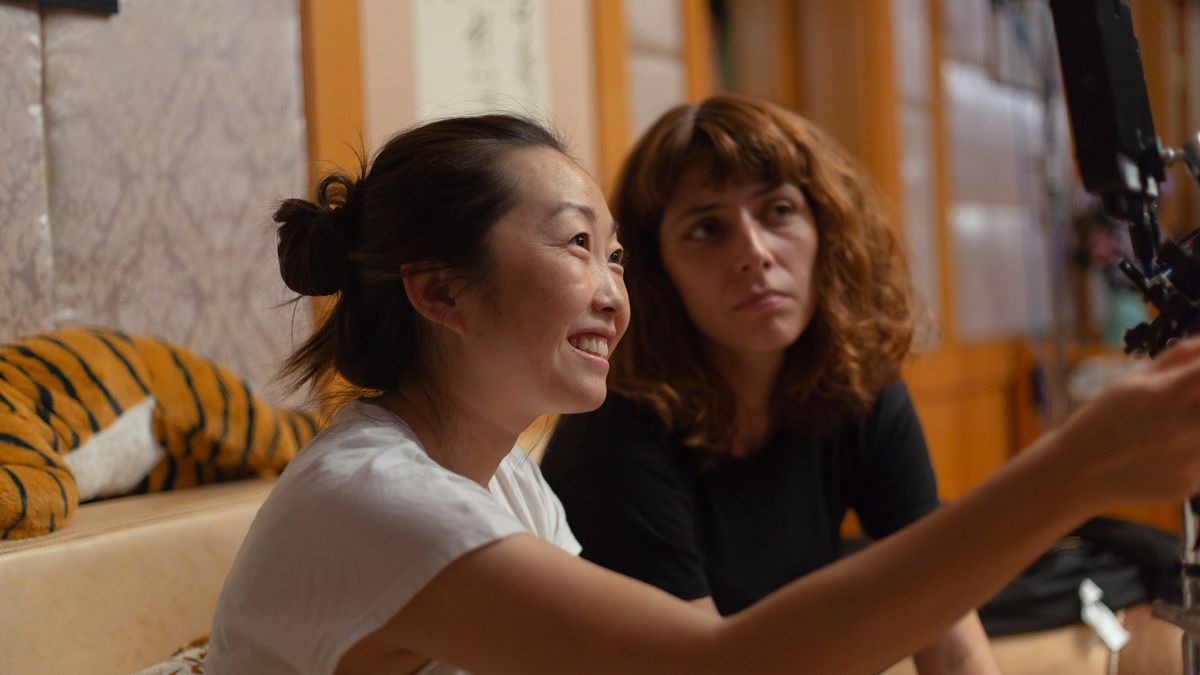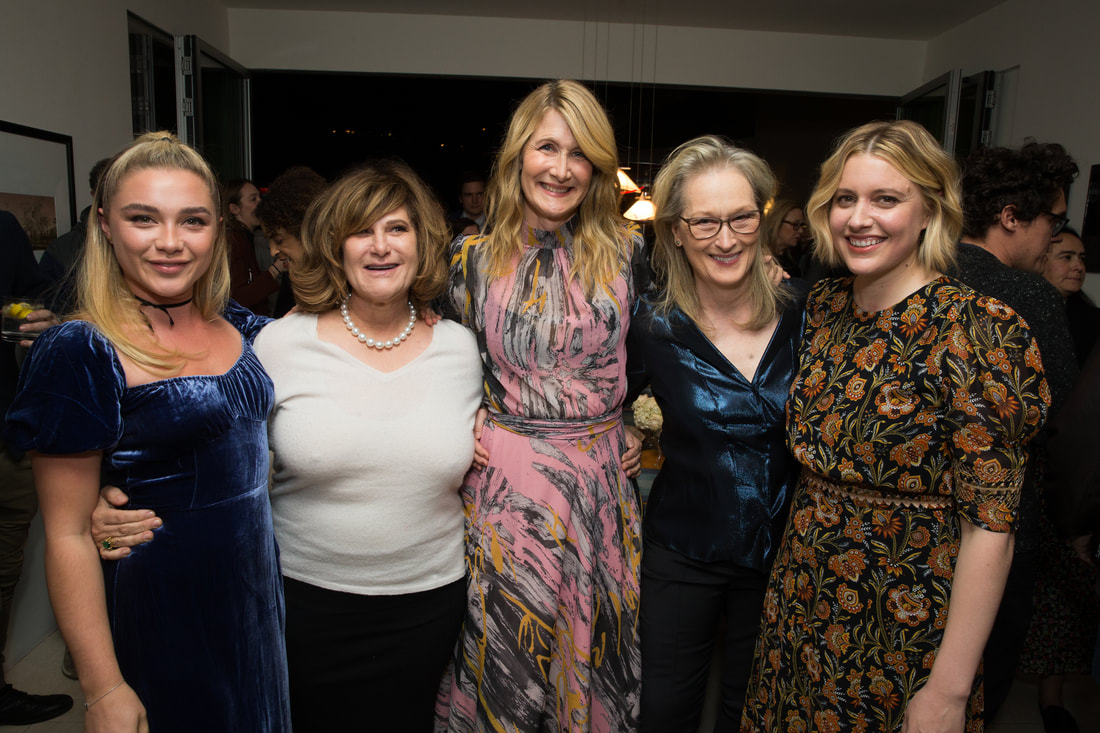“IT’S AN HONOR TO BE NOMINATED” AND THE CATCH-22 OF AWARDS HOMOGENY
So let’s talk about why the act of getting nominated matters so much. Awards and nominations create a social currency for artists. The catch-22 of “recognition” continues to handicap female filmmakers in particular. It’s hard to get nominated if you’re not recognizable enough, but it’s also hard to become recognizable enough to get a gig directing in order to be nominated in the first place. “Credibility” exists independent of raw talent in these cases.
Then there are voter bases. If an award is being issued by artistic peers (think The Academy Awards) the oftentimes the only way to get in to the nominating body is by … being nominated. So how can you nominate more diverse candidates if your voting body remains homogeneous and unchanged by the lack of nominees being inducted as new members?
Yes, The Academy is making an effort to bring up the diversity of their voter base. In 2019 50% of their new members were women, and 29% were people of color.
They’re able to quite frankly do so arbitrarily, and while I respect their commitment to D&I, if you look closely at some of the people they added in order to hit those numbers, you might have a hard time justifying if they’re “Oscars” quality.
So what about awards that come from from external voting bodies?
Let’s look at blockbuster films for an example:
A year and change ago I asked the question of Disney/Lucasfilm/Marvel/Pixar: Where are the female (FEATURE) directors?
Because the argument that often gets used against why a female director can’t handle a franchise or blockbuster is “she doesn’t have any experience with a film of this scale.”
Yet that argument didn’t seem to apply to Ryan Coogler or Taika Waititi when they were handed the keys to “Black Panther” and “Thor.” This is not to knock Coogler and Waititi. Those are two of my favorite superhero films of all time. But you know what else is? “Wonder Woman” and you know who directed it? Patty Jenkins.
Let’s also debunk the argument this year that there weren’t worthy films to nominate. The president of the Hollywood Foreign Press Association, Lorenzo Soria, said that:
“What happened is that we don’t vote by gender. We vote by film and accomplishment.”
To which “Honey Boy” director Alma Har’el had the following response:
Good morning to everyone that’s writing me about the #goldenglobes
I feel you but know this.
I was on the inside for the first time this year. These are not our people and they do not represent us.
Do not look for justice in the awards system.We are building a new world. https://t.co/IK7YNy5J5S
— Alma Har’el□ (@Almaharel) December 9, 2019
UCSF notes that: “Unconscious biases are social stereotypes about certain groups of people that individuals form outside their own conscious awareness. Everyone holds unconscious beliefs about various social and identity groups, and these biases stem from one’s tendency to organize social worlds by categorizing.”
This year had plenty of examples of films that were both commercial and critical successes that were directed by women. They were fantastic accomplishments, each and every one. So are we really going to look these women in the face and tell them “you are not masters of your craft?”
How about the 76 other year’s worth of female filmmakers? Of whom only five have been nominated for director, and only one has won (Barbara Streisand in 1984).
So how do force groups with outdated voting bodies that don’t reflect the diversity of the world we live in to pay attention and to fairly evaluate the diverse and excellent work being produced by women, people of color, and other marginalized groups?
In interviews I used to ask this question, and I stopped because the answer is almost always the same. Cathy Yan (who is directing the Harley Quinn film, “Birds of Prey”) probably gave the most comprehensive answer:
This of course isn’t isolated to the directing category for this year. That’s just one example of the glaring issues still facing the film, and plenty of other, industry.
So I urge you to go out there and support diverse and excellent filmmakers who just so happen to be female.
Some suggested films from this year:
The Farewell
Hustlers
Little Women
Booksmart
Late Night
A Beautiful Day in the Neighborhood
Honey Boy
Captain Marvel
Frozen 2
Here is what we know:@sundancefest = 46% of directors are women@directorsguild = 31% of episodes directed by women@inclusionists projections for 100 top films of 2019 ~ 12-14% directed by women@goldenglobes = 0 best director nominations are women#globesnotrelevant
— Annenberg Inclusion Initiative (@Inclusionists) December 10, 2019

